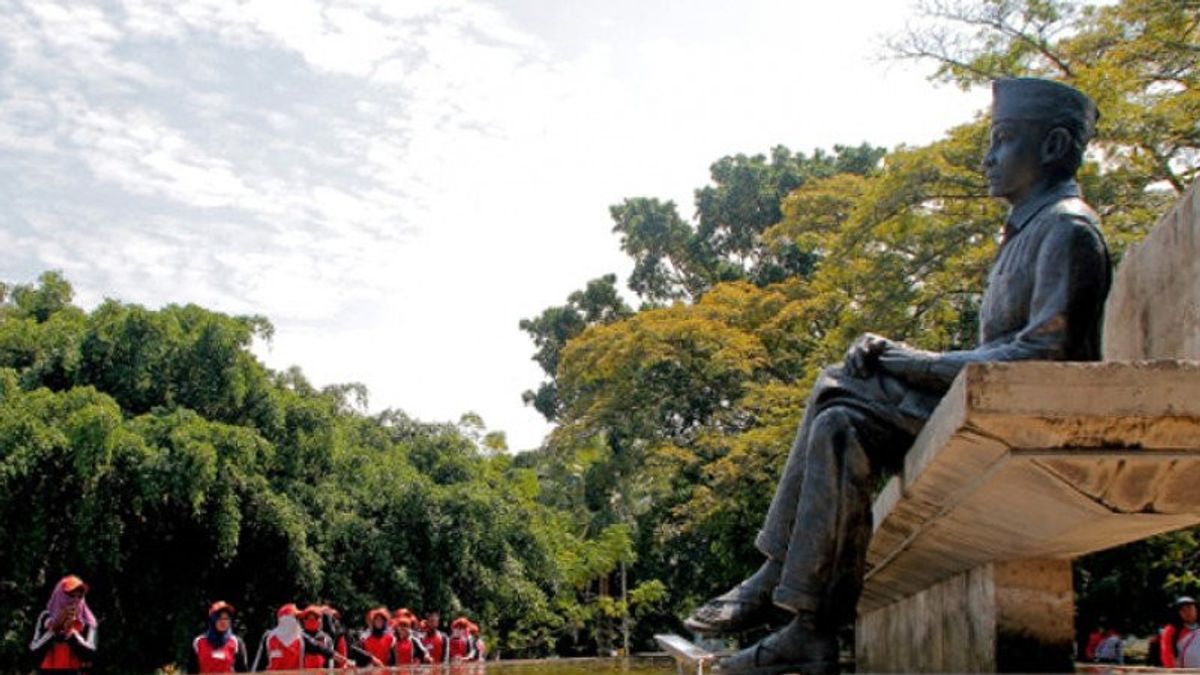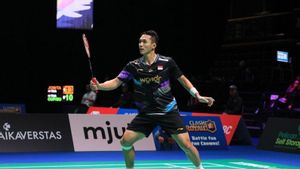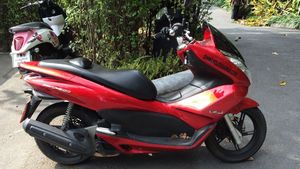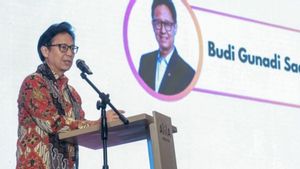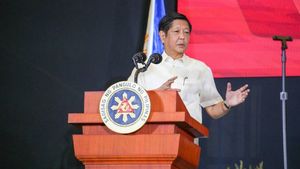JAKARTA - The Speaker of the House of Representatives, Puan Maharani, told the story of the Proclaimer Bung Karno who once sold cloth when he was exiled to Ende, Flores by the Dutch East Indies government from January 14, 1934 to October 18, 1938.
Puan in her written statement in Jakarta, Sunday, said that as an exile from the Netherlands, Bung Karno only received allowances from the colonial government with a value of less than 10 dollars a week after deducting taxes.
"Therefore, my grandfather is looking for additional income by selling clothing materials from a textile shop in Bandung," said Soekarno's grandson. Bung Karno at that time worked with a textile entrepreneur from the city of Bandung who had been his acquaintance for a long time.
Puan said that Soekarno received a commission of 10 percent for every item he managed to sell.
The figure of a freedom fighter who was later elected Indonesia's first president even went from house to house with samples of the clothes on offer. "Bung Karno at that time knew very well that the cloth he was selling would sell well because the price was cheaper than shops in Ende, but the quality was better," said Puan.
After someone was interested and ordered, Bung Karno then sent the money via money order to the shop. After some time, the order cloth arrived.
The Dutch government exiled Bung Karno based on the considerations that it was this figure who openly fought for the independence of the Dutch colonies. However, it was in his exile in Ende that Bung Karno actually succeeded in formulating Pancasila which became the basis of the Republic of Indonesia.
Later, Soekarno's handwriting while writing a letter with a cloth entrepreneur in Bandung was published in the newspaper Sipatahoenan in the issue of June 12, 1936. The one who carried the advertisement was none other than the cloth entrepreneur, Tan Tjoei Gin. In the advertisement, Soekarno's handwriting is seen praising the cloth produced by Tan.
The following is the full text of Soekarno's handwriting, which was addressed to Tan on 5 May 1936.
"Toean poenja wool fabrics are indeed djempol. Doeloe, waktoe is still in Bandoeng, if only poenja for clothing always takes it from the toean poenja shop. And now in Endeh, even though poenja boeat alone can't buy anything, then just boeat poenja friends from Endeh people who want to wear bagoes, just please order some clothes to the toean poenja at the djoega shop. And every time the fabrics come, they always say happily: "pawe he, toea, pawe! " It means: "Good luck, toean, very good!"
The handwriting ended with Bung Karno's signature. In the ad, Tan also wrote a number of words that invited people to shop at his shop. It is clear that there are tones of nationalism or nationalism in the writing, even though it is only in the form of an advertisement.
Shortly after the advertisement was published, Tan was arrested and questioned by the Dutch for spreading provocative advertisements. Tan was only released after he explained that there was no political purpose there. Only fabric promotion.
The English, Chinese, Japanese, Arabic, and French versions are automatically generated by the AI. So there may still be inaccuracies in translating, please always see Indonesian as our main language. (system supported by DigitalSiber.id)
